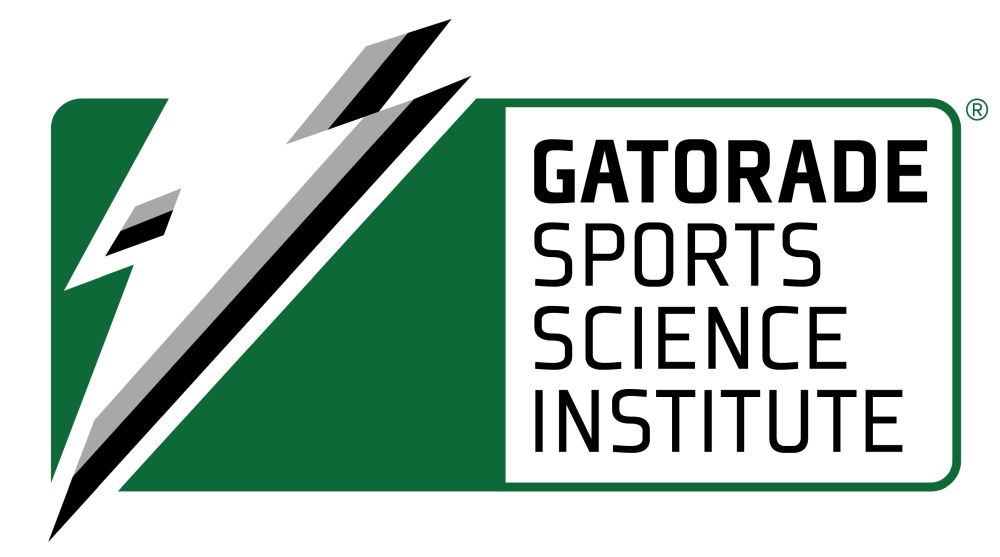ECSS Rimini 2025 is proudly hosted by the Universities of Bologna and Padova

University of Bologna
Founded in 1088, the Alma Mater Studiorum – Università di Bologna, is the oldest university in the western world. Student-centred and hosting prominent figures from the science and arts communities, the university promotes innovation through an increasingly rich programme catalogue, cutting-edge research, a broad international perspective and a strong third mission.
With five campuses (Bologna, Cesena, Forlì, Ravenna, Rimini) and a branch in Buenos Aires, it offers programmes tailored to the needs of present-day society. More than 200 degree programmes are offered to over 82,000 students across 32 departments and five schools, 3,600 graduates are enrolled in PhDs and other 3rd-cycle programmes.
As a comprehensive research university, it invests in the inseparable connection between research and teaching. It has strong alliances with industry and public/private organisations and enjoys close European links and multiple connections with America, Africa, Asia and Australia.

Picture provided by University of Bologna
Department for Life Quality Studies
The Department for Life Quality Studies (QUVI) was established in 2012 and is primarily based in Rimini. The sport science labs (Applied Physiology, Anthropometry, Biomechanics, Neurophysiology and Strength and Conditioning) are located in the Record University Sport Centre in Bologna. QUVI staff members include 11 full professors, 25 associate professors, 21 researchers and over 50 PhD students/post-docs. The department’s research focuses on six areas: Sport Science; Nutrition and Physical Activity for Health and Well-Being; Physical Education, Body Culture and Outdoor Activities; Pharmaceutical and Biomedical Sciences; Psychological and Philosophical Sciences for Quality of Life and Social Sciences, Tourism and Sustainability.
QUVI manages the PhD programme in Sport, Health and Well-Being, two Bachelor programmes in Exercise and Sports Sciences and five Master programmes. Nearly 700 students are enrolled annually across these programmes.
Sport science professors and researchers at QUVI produce high-impact research on the psychobiological bases of endurance performance, the interplay between mental and physical fatigue and applied research on soccer, swimming and table tennis. They also collaborate and consult with numerous sports governing bodies (e.g., CONI, Italian Cycling Federation, Italian Swimming Federation and Italian Field Hockey Federation), professional teams (e.g., Bologna FC and Arsenal FC) and industry (e.g., ASICS and Technogym). The university’s highly esteemed research impact and academic reputation in the field of sport sience is evidenced by it being one of only two Italian universities included in the top 140 universities for sports-related subjects in the QS World University Rankings in 2023.

Picture provided by University of Bologna
The University of Padova
Founded in 1222, the University of Padova has a rich history of fostering cultural freedom and academic excellence. It boasts a legacy of influential scholars like Copernicus, Vesalius, Galileo, William Harvey and more. The university is known for pioneering achievements, including the world's first botanical garden in 1545, now an UNESCO World Heritage Site. In 1594, it inaugurated the first permanent anatomical theatre and in 1678, Elena Lucrezia Cornaro became the world's first woman to earn a PhD.
Today, the University of Padova hosts 65,000 students, including 5,200 international and 1,700 exchange students, with 2,200 teaching staff and 2,400 administrators. It graduates over 13,000 students annually, offers more than 100 Bachelor degree programmes, ten single-cycle programmes, nearly 100 Master programmes, more than 20 advanced programmes and ten specialised courses. Additionally, it encompasses 60 specialisation schools and 40 PhD schools.

Picture provided by University of Padova
Department of Biomedical Sciences
The Department of Biomedical Sciences (DSB), established in 1992, is dedicated to research in nine main areas: Muscle Physiology in Health and Disease, Cell Signalling, Mitochondrial Pathophysiology, Medical Biotechnology, Neuroscience, Physical Activity and Health, Inflammation and Immunity, Adaptive Immunity and Computational and Structural Biology. The DSB comprises 269 staff members, including PhD students, research fellows, post-docs, research assistants, administrative assistants, researchers, associate professors and full professors.
In 2022, the DSB's 75 permanent staff members produced a total of 215 publications, of which 157 were published in Q1 Journals and 53 with an impact factor (IF) greater than 10. The total IF for all DSB publications in 2022 exceeded 1,900.
Muscle biology, physiology and mitochondrial pathophysiology have been longstanding focal points of the University of Padova. The DSB is globally renowned for its leadership in these areas.
The Sport and Exercise Sciences programme, situated within the School of Sport and Exercise Sciences at Padova University, is an integral part of the DSB. It's a highly sought-after course enrolling 160 students annually.

Picture provided by University of Padova

